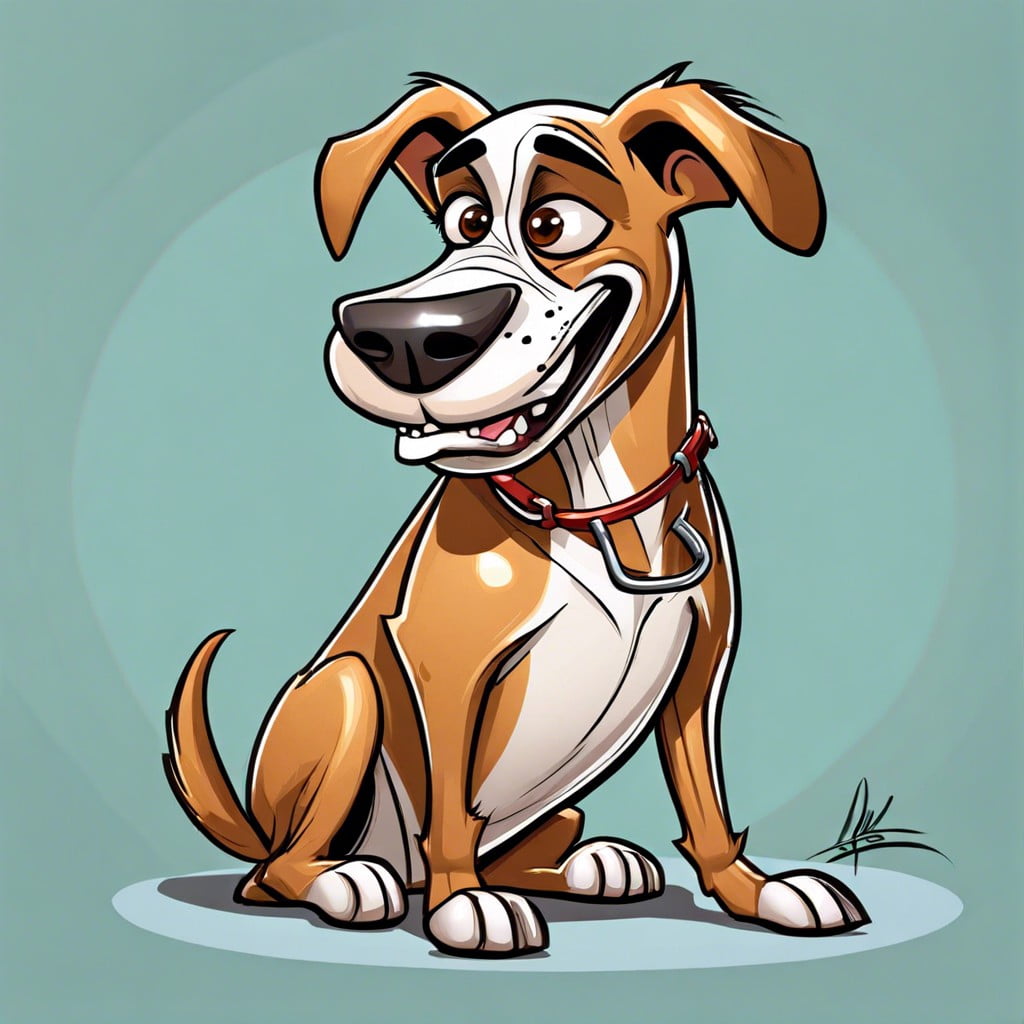If your dog is experiencing unproductive retching, you’ll discover common causes and what steps to take next to ensure your furry friend stays healthy.
Key takeaways:
- Possible causes of dog unproductive retching: foreign object, bloat, respiratory issues, kennel cough, and nausea.
- Veterinary tests and diagnosis: questioning, physical exam, imaging, and blood tests.
- Retching explained: stomach contracting without vomit, like a dry run for throwing up.
- What to do if your dog is retching: observe behavior, check mouth and throat, monitor, offer small amounts of water, and contact vet if necessary.
- Treatment options: consult vet, diagnostics, medications, surgery if needed, dietary changes, and hydration.
Possible Causes

Possible causes for your furry friend’s unproductive retching can vary, so let’s dive into the usual suspects. One potential culprit is a foreign object. Dogs are curious creatures; sometimes they swallow things they shouldn’t—like socks, toys, or an entire sandwich, napkin included.
Another common cause is bloat, also known as gastric dilatation-volvulus (GDV). This condition is particularly spooky because the stomach fills with gas and can twist, cutting off blood flow—a real medical emergency.
Respiratory infections or diseases might also be to blame. When dogs get respiratory issues, it can sometimes lead to gagging or retching. Think of it as their way of saying, “Something’s not right in my airways.”
Kennel cough is another factor to consider, especially if your dog has recently been around other dogs. This highly contagious illness can cause a lot of coughing and gagging, making it seem like they’re trying—and failing—to get something up.
Lastly, let’s not forget about nausea. Just like us humans, dogs can feel queasy from overindulgence or motion sickness. It’s all fun and games until someone gets the spins.
Testing and Diagnosis
Vets are like detectives. They gather clues and piece together the puzzle. To figure out your dog’s retching mystery, they might:
- Ask about your dog’s recent exploits. Has Rover been dumpster diving?
- Conduct a physical exam. Poking, prodding, and pressing all the right spots.
- Use imaging, like X-rays or ultrasounds. Think of it as an internal photo-shoot.
- Run blood tests. Because dogs can’t tell us if they’ve eaten something mysterious.
- Sometimes, they’ll need to scope things out with an endoscopy. Literally looking inside for answers.
Each step helps put the puzzle together, getting one paw closer to solving the case.
What Is Retching?
Retching is the act of your dog’s stomach contracting without producing vomit. It’s like a dry run for throwing up—literally.
- Imagine trying to throw up with nothing coming out. That’s what your pooch is experiencing.
- Often accompanied by a hacking sound, like they’re unsuccessfully trying to cough something up.
- This can be a signal that something’s stuck where it shouldn’t be, such as the esophagus.
It’s quite different from just coughing or sneezing. If your dog does this occasionally, it’s like them saying, “I’m trying, but I’ve got nothing.” Understanding these nuances can help you respond appropriately.
What to Do If Your Dog Is Retching
Keep calm, dog parent! Here’s a checklist:
First, observe your dog’s behavior. Is it anxious, lethargic, or showing other worrying symptoms?
Check the mouth and throat. Sometimes there’s an obvious obstruction. If you see something, do not attempt to remove it yourself. Expert hands only, please.
Get some serious dog-sitting vibes going and monitor. Watch for excessive drooling, gagging, or signs of pain.
Hydrate, but cautiously. Offer small amounts of water. Overdoing it can make things worse.
If the retching persists or other alarming symptoms appear, call your vet ASAP. Don’t play Dr. Doolittle with Google’s help.
Remember, professional advice trumps pet-owner instincts.
Treatment of Nonproductive Vomiting in Dogs
Alright, so your furry friend is doing their best impression of a malfunctioning lawnmower, and it’s time to take action. Here’s what you can do if your dog has been retching without, well, producing anything.
First things first, consult your vet. It’s like calling the tech support for your dog’s stomach; they’ll know what’s up. Your vet might suggest some diagnostics like X-rays or an ultrasound to see what’s causing the issue.
In some cases, they might recommend medications to reduce nausea and vomiting. Think of it as Pepto-Bismol for pooches, but prescribed by a professional.
If a foreign object is stuck somewhere it shouldn’t be, surgery might be needed. Don’t worry, your dog’s not auditioning for “Grey’s Anatomy,” but sometimes that bone or toy piece needs a little help getting out.
Dietary changes can also be beneficial. Your vet might suggest switching to a bland diet—think boiled chicken and rice, the canine version of chicken soup. Avoid the temptation to toss them a treat until everything’s back to normal.
Hydration is key, too. Dogs can get dehydrated quickly, so make sure they’re getting enough water. If they’re not drinking on their own, your vet might give them fluids intravenously. Spa day for dogs, anyone?
Remember, quick action is crucial. The sooner you address the issue, the better your dog will feel—they’ll be back to their tail-wagging, ball-chasing self in no time.